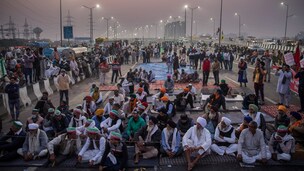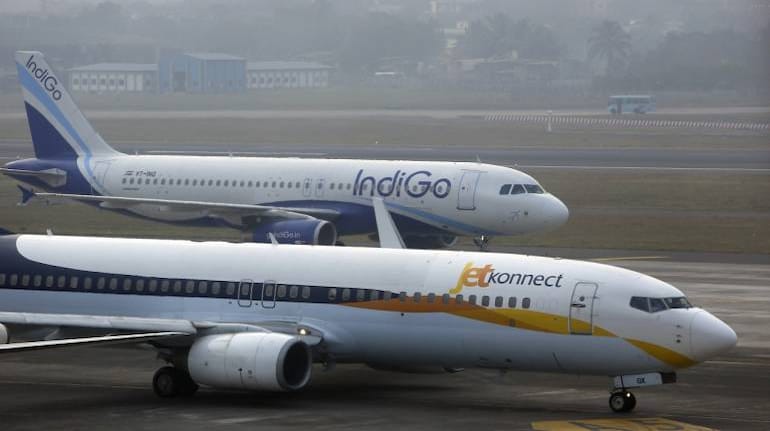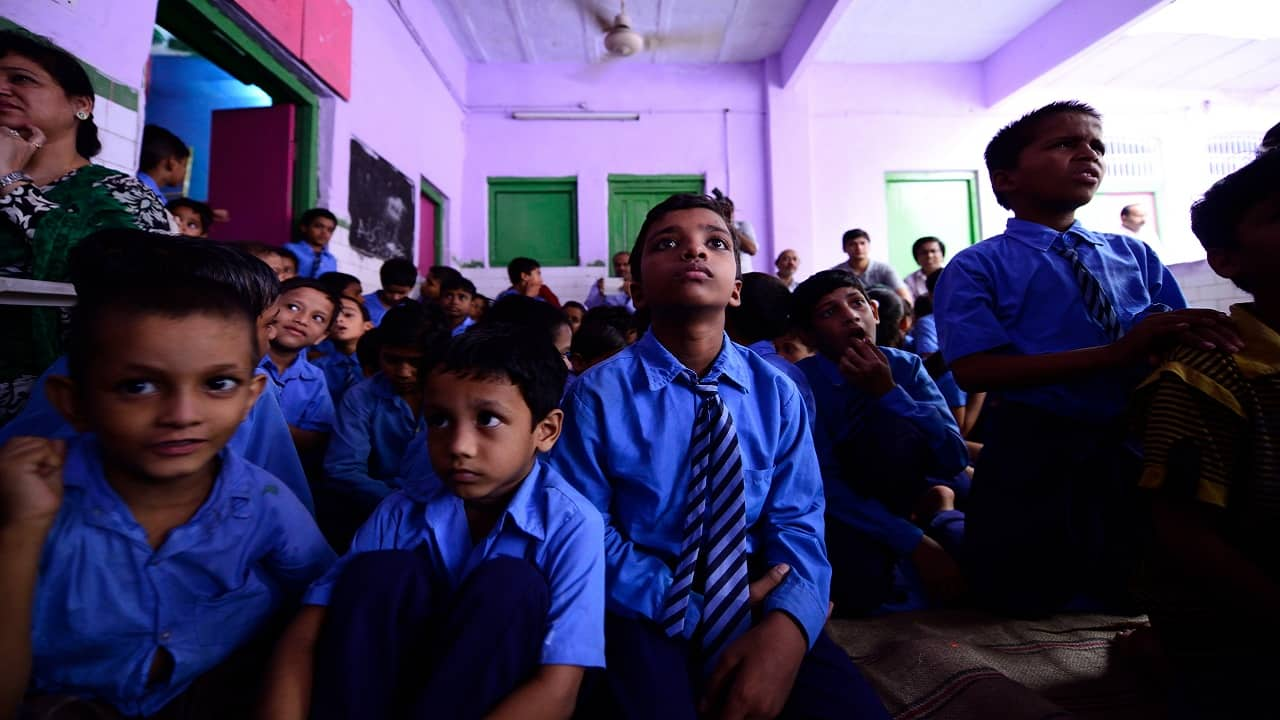IndiGo recovering from COVID-19 aviation 'carnage', may start rehiring
Chief Executive Officer Ronojoy Dutta says IndiGo is recovering 'nicely', especially domestically, though the recovery in international capacity may take time.
December 23, 2020 / 03:36 PM IST
India’s biggest airline IndiGo may soon start rehiring as the domestic services are likely to return to pre-pandemic levels by January or February, recovering from the coronavirus "carnage”, Chief Executive Officer Ronojoy Dutta has said.
"Doom and gloom is off the table and we are recovering pretty nicely, especially domestically,” Bloomberg quoted Dutta as saying.
Also read: Indigo partners with car rental company Urban Drive
"The recovery in international capacity will take longer due to quarantines and virus flareups in places such as the UK but the airline is hoping it will be back to normal levels by the end of 2021," Dutta added.
The private airliner, operated by InterGlobe Aviation Ltd, has close to 730 Airbus SE A320neo planes on order and had laid off about 10 percent of its staff amid the pandemic-driven slowdown. Now, the carrier sees “a lot of room” for growth in international operations, especially for routes of about six hours duration that can be served by single-aisle narrowbody aircraft.
"We are anxious to get back into the international game in a big way and we have lots of plans for rapid growth," the business website quoted Dutta as saying.
IndiGo, which operates 1,500 flights a day, has as its primary hub at IGI Airport, Delhi. The airline has over 250 aircraft. In October 2019, IndiGo ordered 300 Airbus A320neo aircraft worth Rs 2.3 lakh crore. The firm is also in early discussion with engine manufacturers for planes due for delivery from 2024.
In August 2020, IndiGo announced a share sale to bring in as much as Rs 40 billion. Dutta, however, added that he was keen and focused on reducing aviation costs and rapidly grow operations.










_2020091018165303jzv.jpg)


























